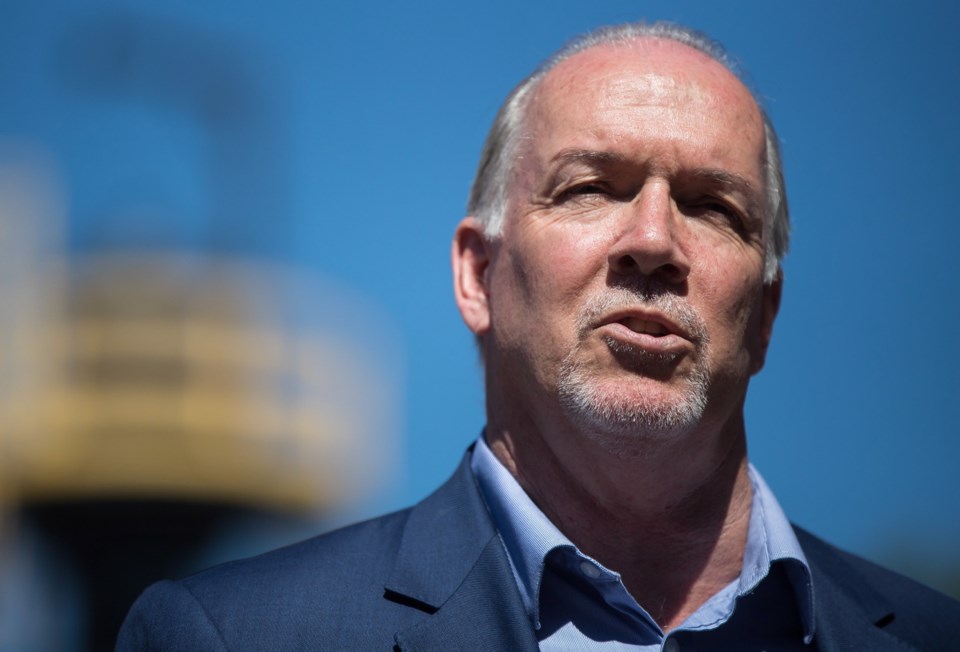Everybody knew the B.C. NDP was keen to retool public construction projects to put more apprentices and under-represented groups to work.
But inventing a new Crown corporation to take direct control of the entire hiring process on major job sites? Not many saw that coming.
Monday’s news that the government is adding a new twist to public construction projects by way of “community benefits agreements” was widely anticipated. The only surprise is that it took so long. Still, Premier John Horgan went far beyond the hints he had laid out.
The campaign promise was to “mandate effective apprenticeship ratios on government-funded projects.”
What was unveiled Monday was a big intervention in the old way of doing business that will make one of the biggest and most complicated parts of any building project the government’s responsibility.
“B.C. Infrastructure Benefits Inc.” is about to take its place in the pantheon of standalone public corporations that do the government’s bidding in specified areas.
It will wade into the billions of dollars worth of public building contracts B.C. puts out to tender. The mission is to write more apprenticeships, local hires and quotas for under-represented groups into the contracts.
That’s standard policy in much of Canada these days. The previous B.C. Liberal government encouraged the same thing. But the NDP government is going to enforce it, by taking over the task directly.
The other party to the agreement is a new entity called the Allied Infrastructure and Related Construction Council. It had zero presence or record in B.C. until Monday. It sounds as if it is just the B.C. Building Trades Council by another name.
So all hiring for designated provincial projects, starting with the Pattullo Bridge replacement in Metro Vancouver and then the four-laning of the Trans-Canada Highway east of Kamloops, will go through it.
The government said that the new agency will hire the construction workers, and will work with unions and contractors to dispatch labour, as well as manage payroll and benefits.
The old model of government awarding contracts for the best price and hoping companies hire in a socially conscious way is out. The new model will see government take full control of all hiring, and do most of it through the Building Trades Council.
Despite its dwindling presence, the council has been an intrinsic element of the NDP and a big cash contributor for years. The reward is at hand. And rejigging labour laws is as much a part of changing governments in B.C. as changing the locks at the legislature. Righties tilt the scene more to the liking of their supporters. Lefties skew it back in the other direction.
The goals are: More apprentices (up to 25 per cent on the bridge job), more under-represented groups getting trades careers started and more locals on job sites. Also, pay raises are almost guaranteed.
Transportation Minister Claire Trevena painted a picture of people living at home, working nearby and “spending time with friends and family without having to worry about going to where the work is.”
The goals are worthwhile. But the weakest part of this new plan was the assertion that it’s not going to cost any more money. Horgan said he didn’t see any significant increase in costs coming and there wouldn’t be any “explosion” of new bureaucracy.
The function he is undertaking is hugely complicated and will need constant attention through multi-year construction schedules. The agreement aims to align wages at prevailing rates, “to promote good wages for all employees.”
That’s all going to cost more than it once did. Someone is going to pay for it. It’s going to be us.



